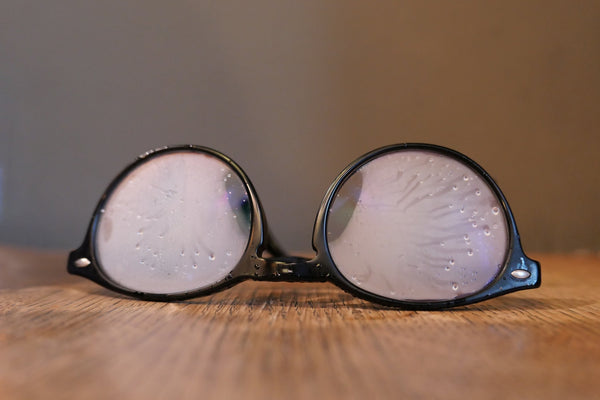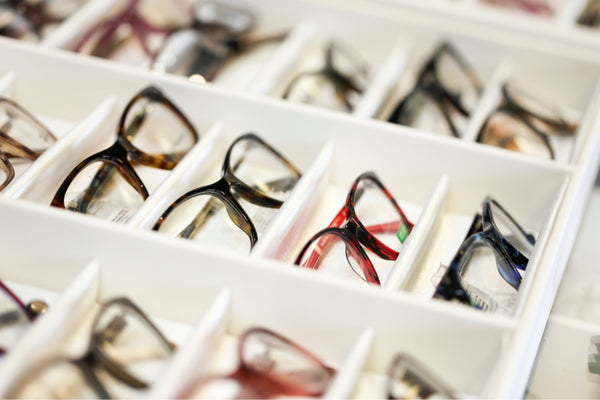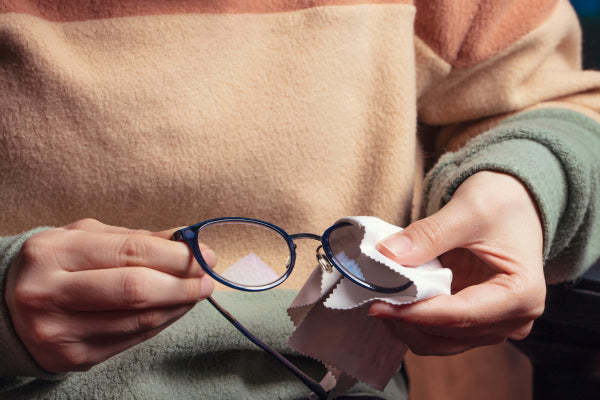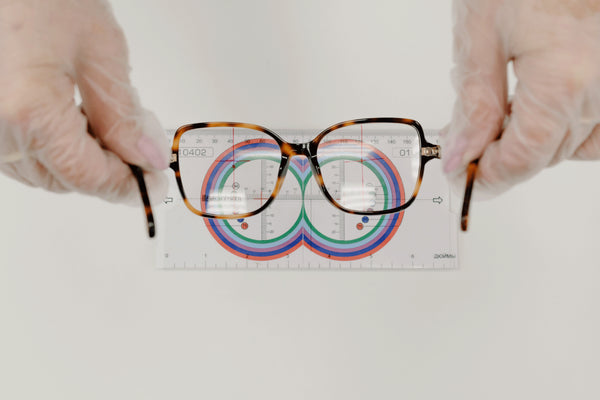
The latest sunglasses are the fashion must-have, and they also provide essential protection for your eyes. Here’s what UV400 means and what to look for in your next pair of shades.
Whether it’s aviators, oversized, retro or a classic tortoiseshell design, we all have our favourite style of sunglasses. But while they might look great on the beach, they’re so much more than just a fashion accessory.
We’re all aware of the damage UV (ultraviolet) rays can do to our skin, yet few of us realise the risks our eyes can be exposed to. Our eyes are 10 times more sensitive to UV than our skin, but only 7% of the population are aware of the risks of UV to their eyes.[1]
What is UV and how is it harmful to eyes?
The sunlight that reaches us consists of two harmful rays: UVA and UVB. The first is the most common and has been linked to the development of cataracts and macular degeneration, while the second helps boost our vitamin D levels but is the prime cause of sunburn.
Both are harmful to our eyes, which is why sunglasses are essential. As well as considering which shape and lens best suit your face, it’s essential to check the UV rating next time you buy a new pair of shades.
How do I choose the best sunglasses and know I’m getting the best protection from the sun for my eyes?
When you’re browsing the shelves for your new beach shades, look for ones that have the “CE” mark or British Standard BS EN ISO 12312-1:2013 as these are guaranteed to offer a safe level of UV protection. While a dark lens will help you see on a sunny day at the beach or in the park, if it doesn’t have the British Standard mark there’s no guarantee they’ll actually be protecting your eyes from harmful rays.
If you want to go one step further and block out 99-100% of UV rays (for example if you’re keen on yachting and want to protect your eyes from the sun), then look for sunglasses with UV400. ‘UV400’ refers to UV rays at the top end of the UV spectrum, up to the 400-nanometre wavelength.
Sunglasses with this level of protection block an even wider spectrum than the CE and British Standard models, making them the ultimate protection for your eyes. UV400 sunglasses are available in a wide range of styles to keep you looking – and feeling – great throughout the summer.
When do I need to wear sunglasses?
‘Sunglasses’ seems to be the perfect name, but it’s a little misleading. UV rays aren’t necessarily blocked by cloud cover, so your eyes could be at risk even on overcast days. Having eye protection handy is always helpful, especially if you drive regularly, play outdoor sports or go skiing.
In fact, snow reflects UV light, bouncing as much as 80% of it back into the atmosphere and into your eyes. While you’ve likely got a sharp pair of goggles for the slopes, grabbing your UV sunglasses on a snowy day in the UK might seem foolish but will actually offer the best protection for your eyes.
All of our Leightons practices stock brands we know you’ll love and there’ll always be a variety to choose from - even across our practices. Here’s some to look out for:


Book your eye test today
If you’re concerned about the effect UV light has had on your eyes, call our Dedicated Patient Support team on 0800 40 20 20, or book an appointment online. If you have an up-to-date prescription, you can book a style consultation with our Qualified Dispensing Optician team who will be able to recommend the best sunglasses to match your style and protect your eyes.
[1] Transitions UK. Transitions European Study, 2008








